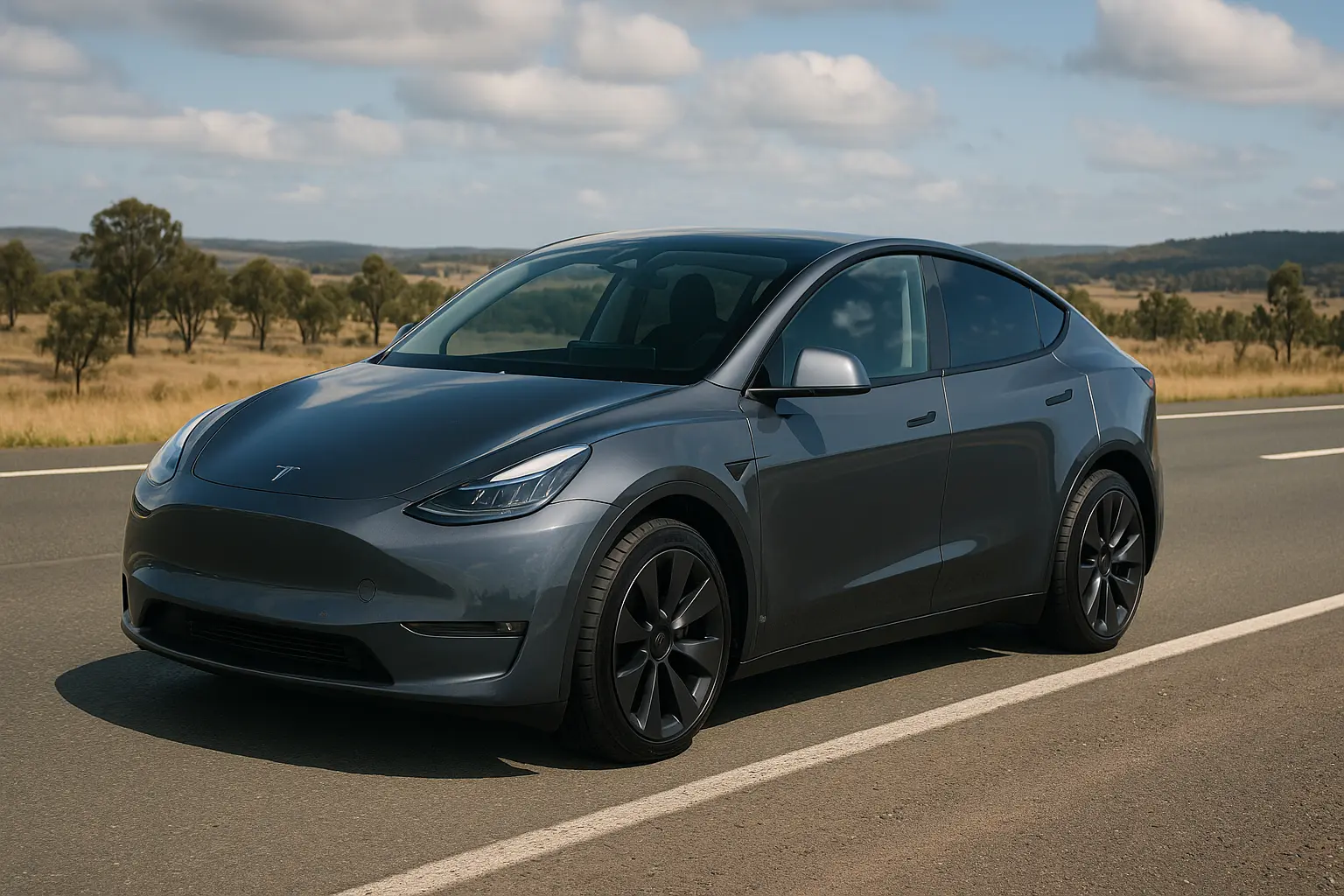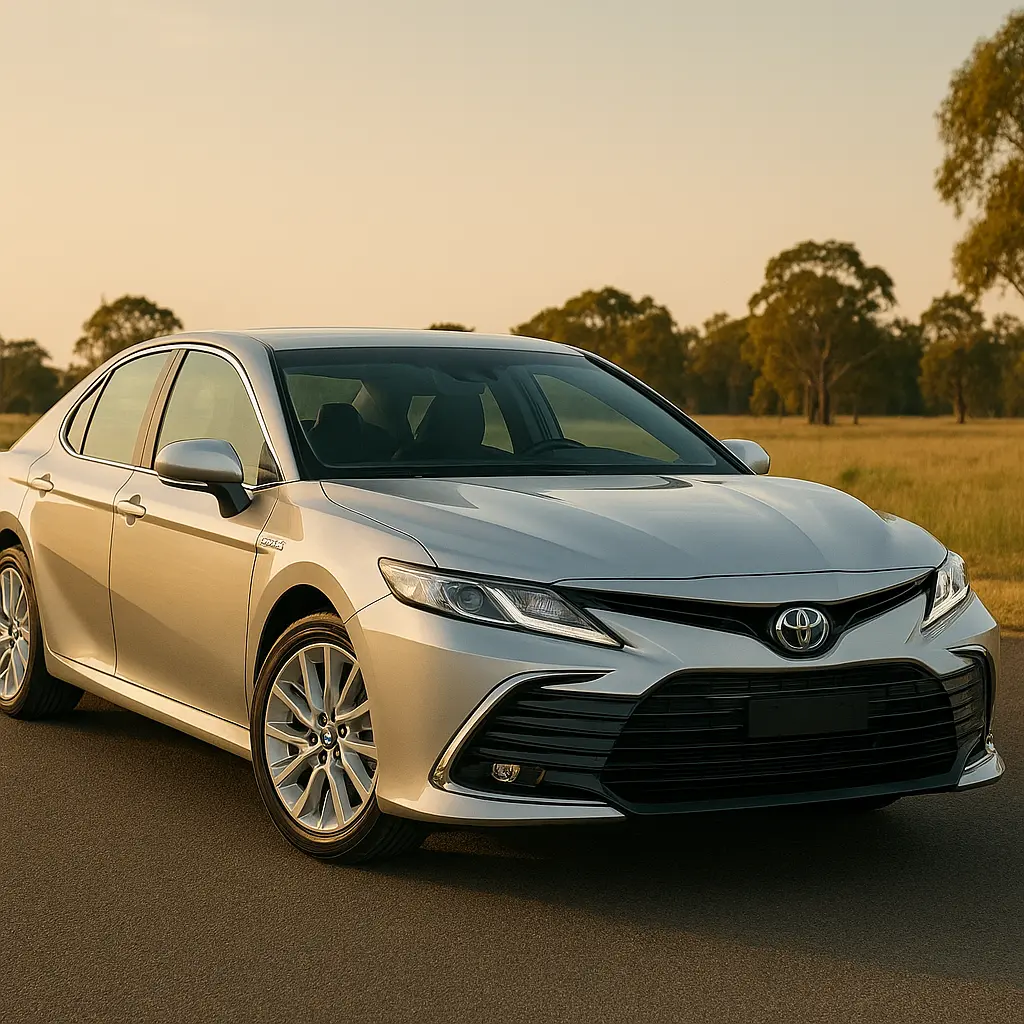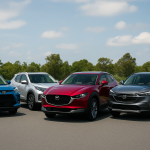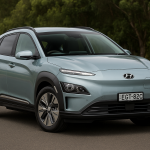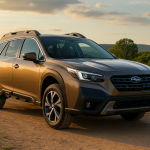The Most Eco-Friendly Cars in Australia Right Now
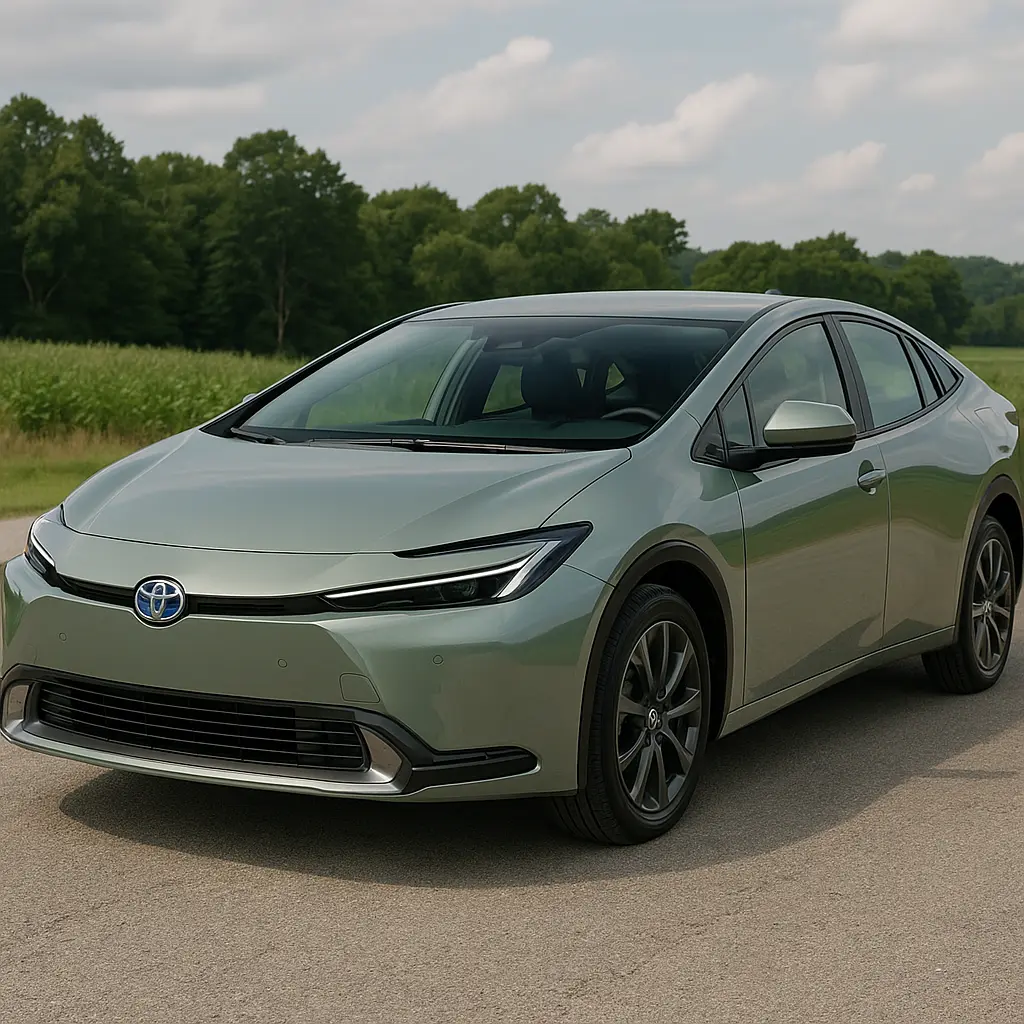
Introduction: Why Eco-Friendly Cars Matter More Than Ever
With climate change and environmental responsibility now central to car buyers' minds, Australians are leaning toward eco-conscious mobility. Whether it’s due to rising fuel costs, federal/state incentives, or a growing desire to lower carbon footprints, the demand for sustainable cars is booming in 2025. Eco-friendly vehicles—especially hybrids and EVs—have evolved far beyond being a niche; they’re now mainstream contenders.
In this comprehensive guide, we break down Australia’s most eco-friendly cars, assess their green credentials, driving practicality, and value for money. From zippy city EVs to long-range electric SUVs and efficient hybrids, this is your 2025 blueprint for cleaner, greener driving.
What Makes a Car “Eco-Friendly”?
An eco-friendly car goes beyond just fuel savings. Here's what defines it:
Low or zero tailpipe emissions
High energy efficiency (e.g., electric drivetrains, hybrid systems)
Sustainable manufacturing practices
Use of eco-conscious materials (recycled interiors, vegan leather)
Minimal environmental impact during the car’s lifecycle
The Australian market features a mix of battery electric vehicles (BEVs), plug-in hybrids (PHEVs), and traditional hybrids (HEVs). Let’s explore the standouts in each category.
⚡ Battery Electric Vehicles (EVs): Zero Emissions Driving
1. Tesla Model 3 Highland (2025)
Type: Battery Electric Vehicle (BEV)
Driving Range: Up to 629 km (Long Range)
Starting Price: From $61,900 before incentives
Why It's Eco-Friendly: Zero tailpipe emissions, high efficiency, software optimised charging
Tesla’s updated Model 3 Highland is better than ever in 2025. It delivers sleek aerodynamics, next-level regen braking, and impressive range. With over-the-air updates improving performance and battery management, it's among the greenest sedans on the road.
2. BYD Seal
Type: BEV
Driving Range: 570–650 km (WLTP)
Starting Price: Around $49,990
Why It's Eco-Friendly: Blade battery tech, extremely efficient, affordable EV option
BYD continues to shake up the EV space with the Seal. Designed with sustainability in mind, it offers top-tier efficiency thanks to its lithium iron phosphate Blade Battery. It's a hit with eco-conscious buyers seeking value.
3. Hyundai Ioniq 6
Type: BEV
Driving Range: Up to 614 km
Starting Price: From $66,000
Why It's Eco-Friendly: Ultra-aerodynamic shape, energy-efficient cabin
The Ioniq 6 isn’t just futuristic in looks—it’s packed with sustainable features like recycled PET fabrics, bio-paint, and minimal energy loss during charge cycles. It’s a sleek, zero-emission solution for long-distance Aussie drivers.
4. Kia EV6 Air
Type: BEV
Driving Range: Up to 528 km
Starting Price: From $72,590
Why It's Eco-Friendly: Recycled cabin materials, high regenerative braking
Kia’s EV6 is spacious, futuristic, and loaded with eco-conscious tech. The Air variant is particularly efficient and utilises multiple drive modes to reduce energy consumption. Plus, it supports ultra-fast charging for shorter downtime.
5. MG4 Electric
Type: BEV
Driving Range: 350–530 km depending on battery
Starting Price: From $39,990
Why It's Eco-Friendly: Budget EV, energy-efficient architecture
If you want green driving on a budget, the MG4 is your ticket. It’s not only affordable, but also surprisingly refined. Its modular scalable platform ensures battery efficiency while offering fun driving dynamics.
🔋 Plug-in Hybrid Electric Vehicles (PHEVs): The Transition Option
6. Mitsubishi Outlander Plug-in Hybrid (2025)
Type: PHEV
Electric Range: Up to 84 km (EV mode)
Fuel Economy: 1.5L/100km (claimed)
Starting Price: From $57,290
Why It's Eco-Friendly: Efficient dual drivetrain, low emissions for short commutes
The Outlander PHEV continues to lead the charge in family-friendly plug-ins. For short daily trips, it runs entirely on electric power. For longer getaways, the petrol engine kicks in. A perfect green SUV for Aussie roads.
7. Cupra Formentor VZe
Type: PHEV
Electric Range: 58 km
Fuel Economy: 1.9L/100km
Starting Price: $65,000+
Why It's Eco-Friendly: Sports styling with sustainability, EV mode practicality
This stylish Spanish crossover combines the excitement of a performance car with green functionality. Use EV mode for inner-city errands, then unleash its petrol engine on highways. Dual personality, one eco-driven mission.
🔄 Hybrid Electric Vehicles (HEVs): Fuel Efficiency Kings
8. Toyota Corolla Hybrid (2025)
Type: HEV
Fuel Economy: ~3.9L/100km
Starting Price: From $31,000
Why It's Eco-Friendly: Proven hybrid tech, low emissions, low ownership cost
This is one of the best-selling hybrids in Australia for good reason. With Toyota’s bulletproof reliability, superb fuel economy, and increasingly sustainable interiors, the Corolla Hybrid ticks every green box.
9. Honda Civic e:HEV
Type: HEV
Fuel Economy: 4.2L/100km
Starting Price: $55,000
Why It's Eco-Friendly: Efficient full-hybrid, electric motor prioritised
Honda’s e:HEV tech focuses on electric drive as the default, boosting efficiency in real-world conditions. The Civic Hybrid also features recycled interior fabrics and advanced thermal management for its battery system.
10. Lexus NX 350h
Type: HEV
Fuel Economy: ~5.0L/100km
Starting Price: From $65,000
Why It's Eco-Friendly: Luxury hybrid with low consumption, sustainable manufacturing
Lexus blends hybrid excellence with eco-conscious luxury. The NX 350h uses a dual-motor hybrid setup and materials sourced under stricter emissions standards.
Upcoming Green Stars in 2025
Polestar 4 – Coupe-style EV with recycled cabin panels and vegan leather
Renault Megane E-Tech – Compact EV built for urban efficiency
Toyota bZ4X – Toyota’s first full-EV SUV, prioritising zero-emissions daily driving
✅ Key Considerations When Choosing an Eco-Friendly Car
1. Your Driving Habits
Urban-only? EVs or PHEVs are ideal.
Long commutes? Consider long-range EVs or efficient hybrids.
2. Charging Infrastructure
Check your local area’s EV charger map. Fast chargers make EVs far more convenient.
3. Government Incentives
Various states (NSW, VIC, QLD) offer rebates or registration discounts for EVs. These can save you thousands upfront.
4. Total Cost of Ownership
Eco-friendly cars often have fewer moving parts, reducing long-term maintenance. Include servicing, battery warranties, and resale values in your decision.
🔧 Maintenance Tips for Eco-Friendly Cars
EVs: No oil changes, but battery cooling and brake checks are key
Hybrids/PHEVs: Service both electric and ICE components regularly
Tyres: Opt for low rolling-resistance tyres to improve efficiency
Drive Modes: Use Eco Mode for reduced energy usage during everyday driving
🌱 Final Thoughts: Sustainability Meets Smart Driving
Australia’s automotive landscape is evolving fast. Eco-friendly cars are no longer compromise choices—they are now powerful, stylish, and versatile. Whether you opt for a zero-emission EV, a budget hybrid, or a feature-rich PHEV, 2025 offers greener choices for every Aussie lifestyle.
Making the switch to sustainable driving doesn’t just help the planet—it also saves money on fuel, maintenance, and long-term costs. That’s the future of Aussie motoring—and it’s already here.
Leave a comment
Your email address will not be published. Required fields are marked *


